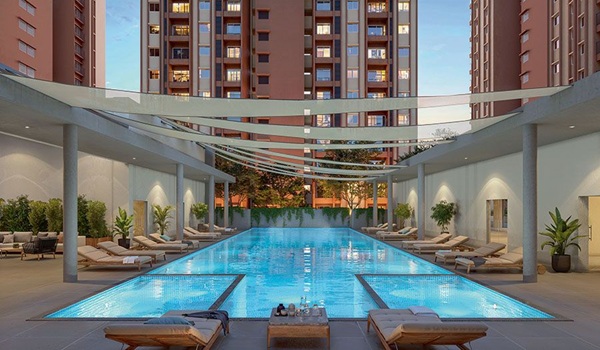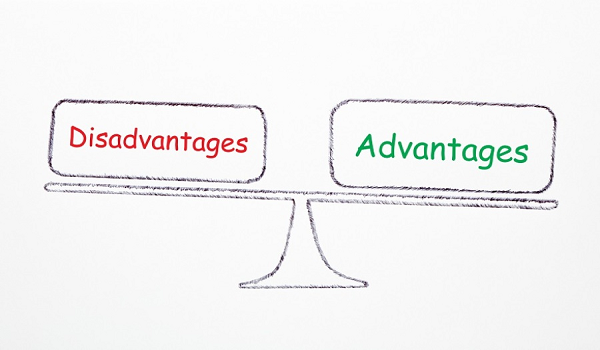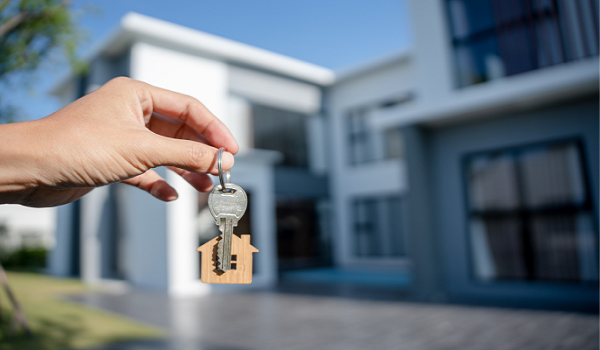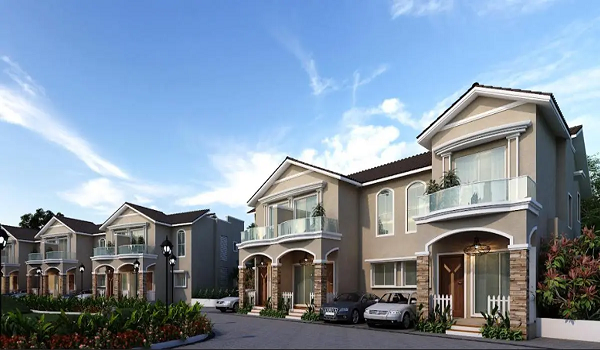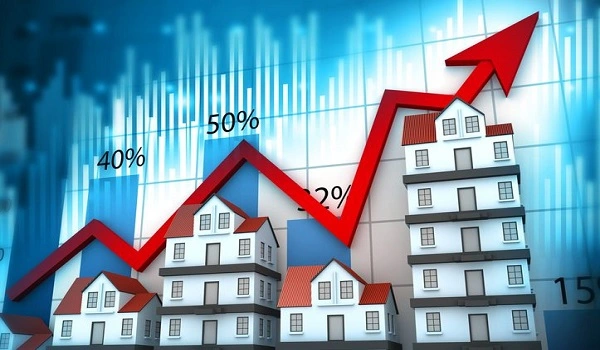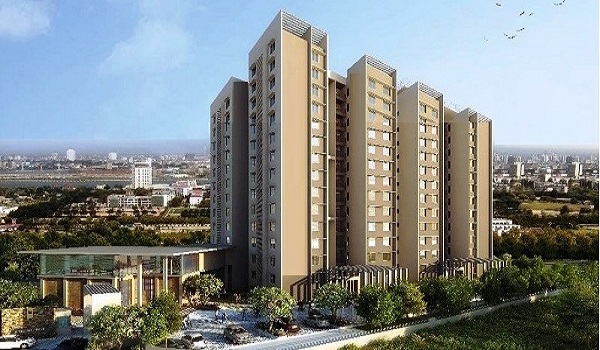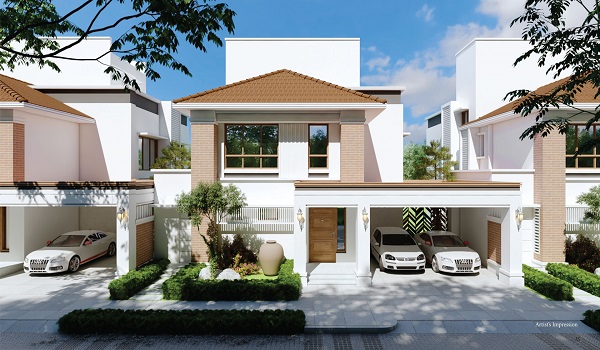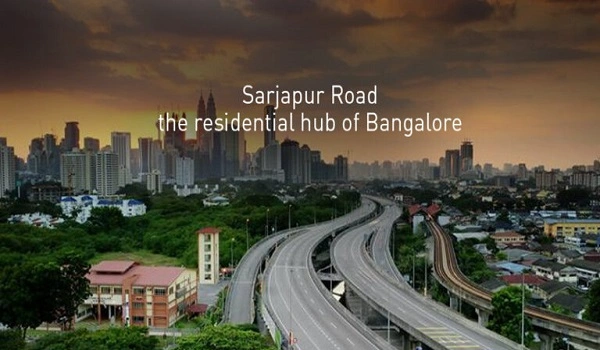Can Apartments Lead the Zero-Waste Movement? Birla Evara Shows How
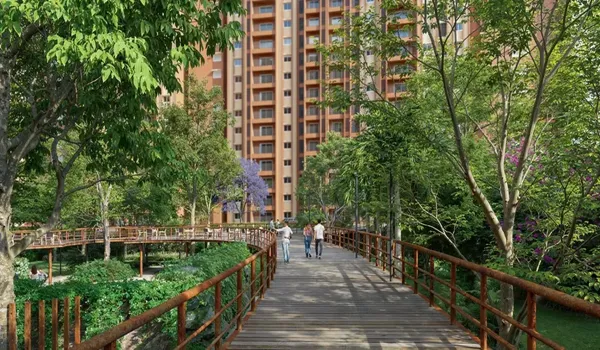
India's cities are growing, and so is the garbage we create. Landfills are full. Air and water are getting worse. We can't keep throwing things away and hope it won't catch up to us. That's where zero-waste communities come in—and apartments may be the best place to start.
A zero-waste community is more than just sorting trash. It's about following the "5 Rs" or "7 Rs"—Refuse, Reduce, Reuse, Recycle, and Rot (compost). The goal is to send less than 10% of total waste to landfills. This needs planning, teamwork, and the right systems.
In newer developments like Birla Evara off Sarjapur Road, this isn't just an idea—it's part of how the project was designed. Heres how apartment complexes are becoming leaders in India's shift toward cleaner, smarter living.
Apartments house hundreds of families. This scale creates a powerful advantage:
- Common composting units like Organic Waste Converters (OWCs)
- Centralized waste collection rooms
- Bulk dry waste storage and baling machines
Individual homes can't afford these setups. But together, apartments can invest in them and share the cost.
- Civic workers or private partners can collect waste from a few points instead of many doorsteps.
- Recycling becomes faster and more efficient.
- In a tight-knit society, people influence each other.
- Workshops, group discussions, and peer examples help change habits.
- Society rules can make waste segregation a must—with penalties if needed.
For a zero-waste system to work, every step must be clear and easy to follow:
Each home sorts its waste into:
- Wet (food and garden waste)
- Dry (paper, plastic, glass, metal)
- Hazardous (batteries, diapers, sanitary pads)
Clear signs and color-coded bins help keep this simple.
- OWCs in larger complexes process wet waste into compost in days.
- Smaller communities can use vermicompost bins or aerobic pits.
- This compost can be used in gardens or even sold locally.
- Separate collection zones hold plastics, glass, and metal.
- Partnering with groups like Saahas or ExtraCarbon ensures proper recycling.
- Baling machines compact waste to reduce transport costs.
- RRR Centers: Residents can donate or exchange usable items—books, clothes, electronics.
- Bulk buying groups help cut down packaging waste.
- Community events promote cloth bags, menstrual cups, and compostable products.
- IoT bins monitor fill levels and send alerts.
- Resident apps show how much waste a home generates.
- CCTV and sensors help manage shared waste areas cleanly.
At Birla Evara, part of the trusted Aditya Birla Group, zero waste living isn't just a selling point, it's part of the core design. The project includes:
- Rainwater harvesting
- Organic waste management units
- STPs for water reuse
- LED lighting and solar panels in common areas
- Segregated waste rooms and planned recycling tie-ups
- EV charging, compost use in gardens, and low-flow water fixtures
Built on the "LIFEDESIGNED" philosophy, Birla Evara focuses on creating homes that are better for the people and the planet. It shows that modern housing can be comfortable, practical and responsible, all at once.
- Cleaner surroundings
- Less smell and pest problems
- Free compost for gardening
- Lower maintenance and waste removal costs
- A healthier space for kids and families
- Better property value and brand image
Yes, change takes effort. Some problems apartment complexes may face:
- Initial cost of machines and bins
- Lack of space in older buildings
- Low awareness among residents
- Maintenance of composting units
- No clear market for recyclables
But solutions exist:
- Start small, scale slowly.
- Use posters, workshops and videos for awareness.
- Create guides with pictures, not just words.
- Assign staff or green volunteers to monitor the system.
- Build ties with trusted recyclers.
- Navjivan Vihar, Delhi: Runs daily composting, community donation drives, and a fridge for surplus food.
- Anupam Colonies, NDMC: Model zero-waste zones backed by the municipality.
- Urban Skyline Phase 2, Pune: Built with solar panels, OWCs, rainwater systems, and STPs.
- Bengaluru Apartments: Many gated communities are already composting 100+ kg of food waste per day.
Zero-waste living isn't just a trend—it's becoming a must. More cities are passing stricter laws. Projects with waste systems already in place may earn green certifications, discounts, or reduced fines.
Apartments can also play a bigger role in building a circular economy—where waste becomes a resource, not a problem.
Apartments have the numbers. They have the space. And with the right support from builders and residents, they have the power to lead the way. Birla Evara is an example of how to get it right—from planning to execution. It shows that clean living doesn't have to be hard. It just has to be built into the way we live. As more families move into cities, zero-waste won't be a choice. It will be a responsibility. And apartments—when designed smartly—are ready to meet it head-on.
| Enquiry |
